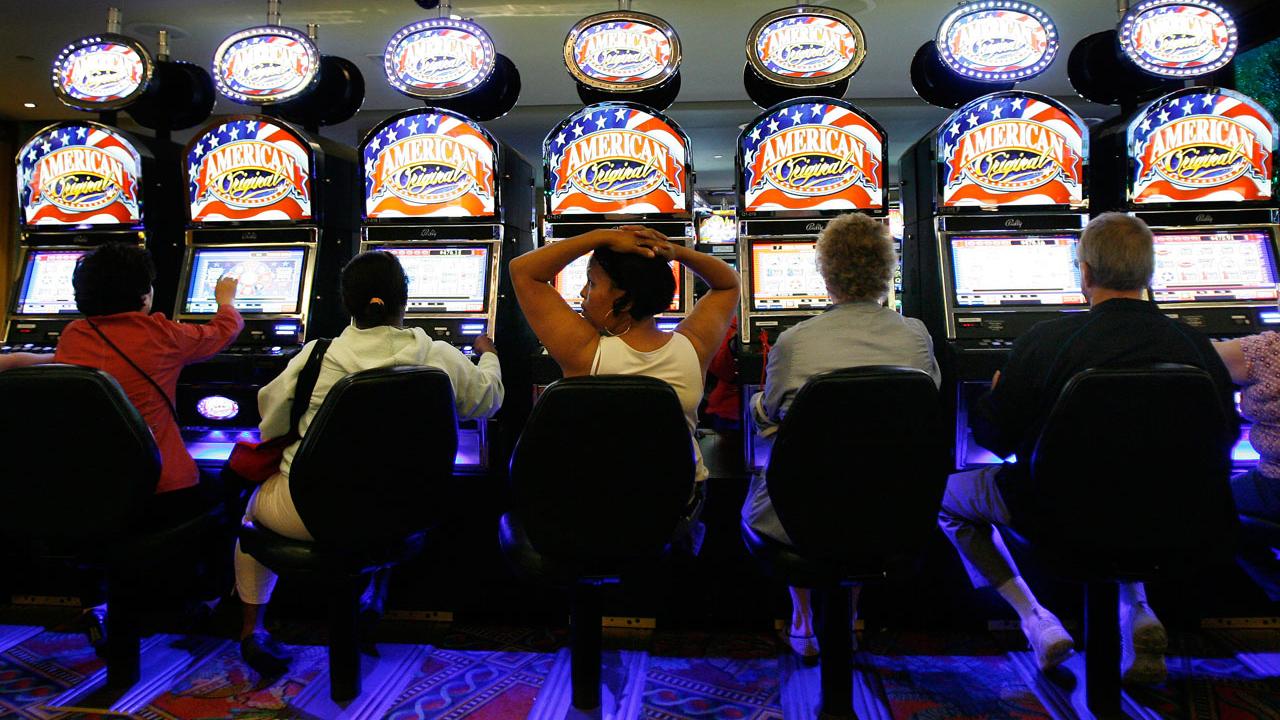As we head into Super Bowl LIII, DOJ fumbles on online gambling ban
Just in time for Super Bowl LIII, bureaucrats in Washington have taken action that could make it harder for Americans to legally bet on this and future games.
Earlier this month, the Department of Justice (DOJ) reinterpreted a 58-year-old law in a manner that throws into question the permissibility of any mobile-based betting or wagering that was considered legal for many years. In 2018, Americans spent $77.7 billion on lotteries, according to La Fleur’s Magazine.
The DOJ reversal is not the first time that efforts have been made to extend the Wire Act -- which originally banned illegal interstate or foreign bets or wagers on sporting events over the telephone -- to include a prohibition on all online gambling. In 1992, the Wire Act was further augmented by the Professional and Amateur Sports Protection Act, which prohibited all sports betting nationwide.
However, in 2018, the U.S. Supreme Court struck down that law, clearing the way for states to legalize sports betting within their borders.
Delaware, Mississippi, Nevada, New Jersey, New Mexico, Pennsylvania, Rhode Island and West Virginia have all legalized sports wagering, and more than a dozen other states are considering legalization.
Those are opposed to any online gambling and lotteries have repeatedly tried to pass a legislative end-around in Congress, which would have trampled on the rights of states to determine the extent they would allow gambling and lotteries within their borders.
The DOJ’s recent announcement has the effect of implementing those very same prohibitions through regulatory fiat. Since online data relating to legal online gambling in any form can sometimes be routed across state lines, this egregious opinion is creating an immense amount of uncertainty and frustration for responsible gaming operators and bettors across the country and will force states to reevaluate their own gambling and lottery rules.
This type of back-and-forth will give state legislators and gaming operators across the country significant whiplash. As courts clear the way for sports betting, the federal government imposes opposing restrictions and regulations on the industry.
There are some puzzling red flags in the DOJ’s sudden ban.
First, it flies in the face of legal precedent. When the Supreme Court ruled in 2011 in defense of state sovereignty by striking down the federal ban on sports betting, they sent a clear message: States know best how to regulate this industry. In the years since then, states have proven they are well-equipped to regulate interstate mobile or online gaming outside of sports betting.
Second, the Wire Act has functioned properly since its enactment in 1961. The DOJ’s reversal is exactly the type of federal overreach that must be opposed. The opinion impinges on a state’s ability to regulate online gambling within its own borders and potentially will force some states to abandon existing gambling laws, leaving millions of bettors, regular lottery players and friendly wagerers on the wrong side of the law.
CLICK HERE TO GET THE FOX BUSINESS APP
The DOJ should realize it fumbled this regulatory decision and immediately reverse course before Super Bowl kickoff this Sunday.
Tom Schatz is the president of Citizens Against Government Waste. CAGW is the nation’s largest nonpartisan, nonprofit organization dedicated to eliminating waste, fraud, abuse and mismanagement in government.




















